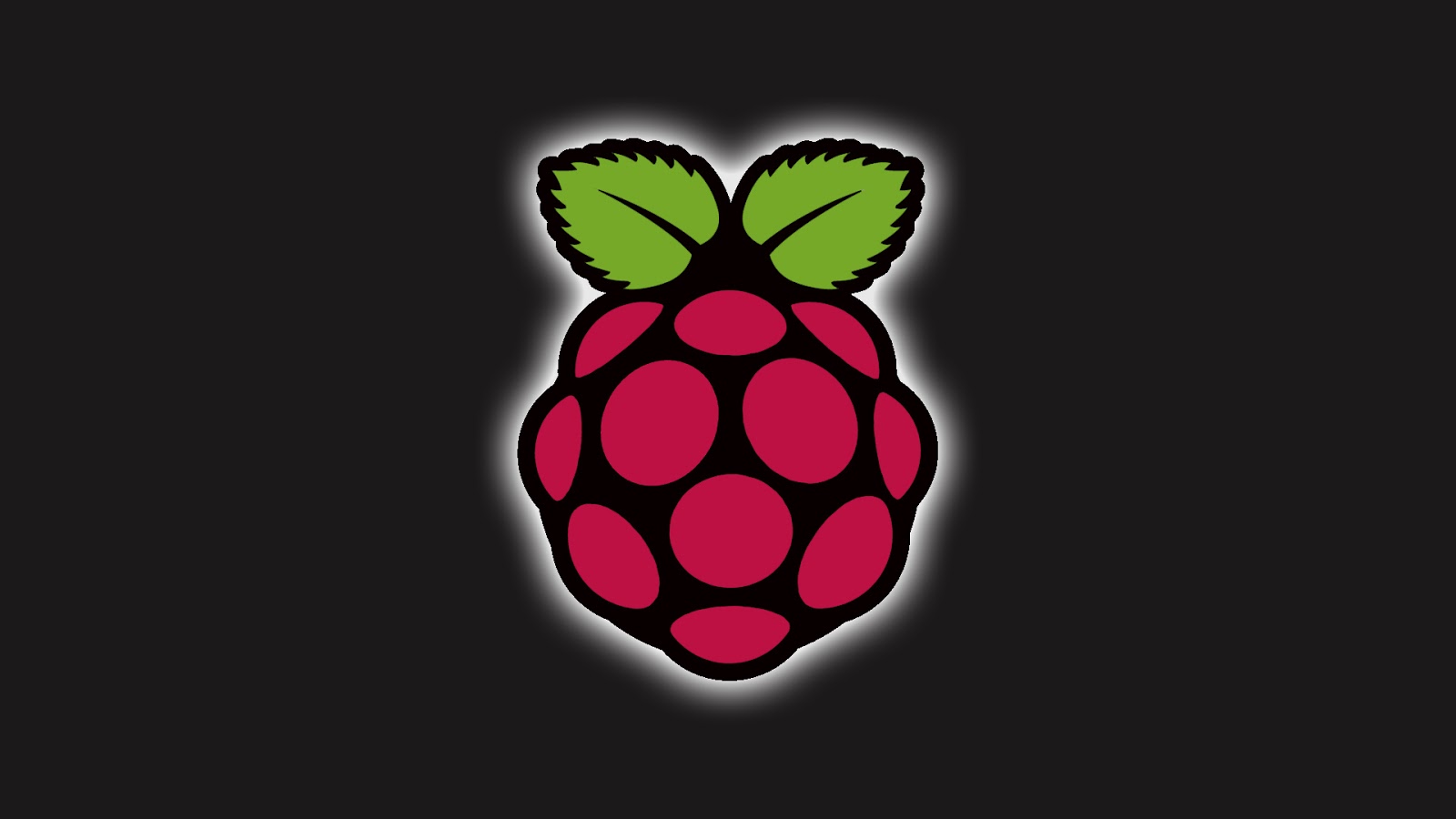
This brings us to the second of the tiny, cheap, single board computers: the Raspberry Pi (sub $100 for a starter pack). This computer was developed in the UK with the intention to promote teaching of basic computer science in schools. It soon found a large following outside of schools and plays a large role in the world’s hardware/tech maker community.
First up: what are the differences between the Arduino and the Pi
- Arduino is a micro controller, not a mini computer – a micro controller is a small part of what makes a computer and only provides a subset of the Raspberry Pi’s functionality.
- Arduino can be programmed with small apps but can’t run a full operating system while the the Raspberry Pi is a computer
- Arduino is well suited for electronics projects – it has great firmware and a solid piece of software that loads apps from the computer via USB – once it is loaded, plug it into any micro USB power source and you are up and running (no need to reboot, start keyboards etc) – it does the one job it is programmed for and does it immediately.
- The Raspberry Pi needs an operating system (click here for more details on the OS) and is perfect for embedded systems or projects requiring more interactivity and processing power
- The Pi takes a little bit more work to get up and running (installing libraries) but that shouldn’t stop anyone – plus, once up and running you can hook it into visual programming languages like Scratch.
Now on to the fun part – what can I do with my Raspberry Pi? Here is a great post (from TechRadar) on project ideas for young students, they include:
- Running device: a fitness device to time laps and upload results
- Door answering system: designed to assist the elderly – this project uses a wireless keypad to unlock the front door and send a message to the person outside
- Electricity monitor: uses a Pi to monitor household electricity usage
- Pen Pi: uses abandoned keyboards and monitors to connect students from schools in different parts of the world (a modern pen pal!)
- Medicine dispenser: helps the elderly by distributing doses of medicine (their GP can programme it online)
- Burglar deterrent: a device to switch lights on and off to make a burglar think a person is at home
- School work collection device: helps students hand in homework via a Pi and a USB
- Air quality and weather surveillance device: measures air quality through sensors and uploads information to the internet
- BONUS PROJECT: Call Mum Button
Finally:



